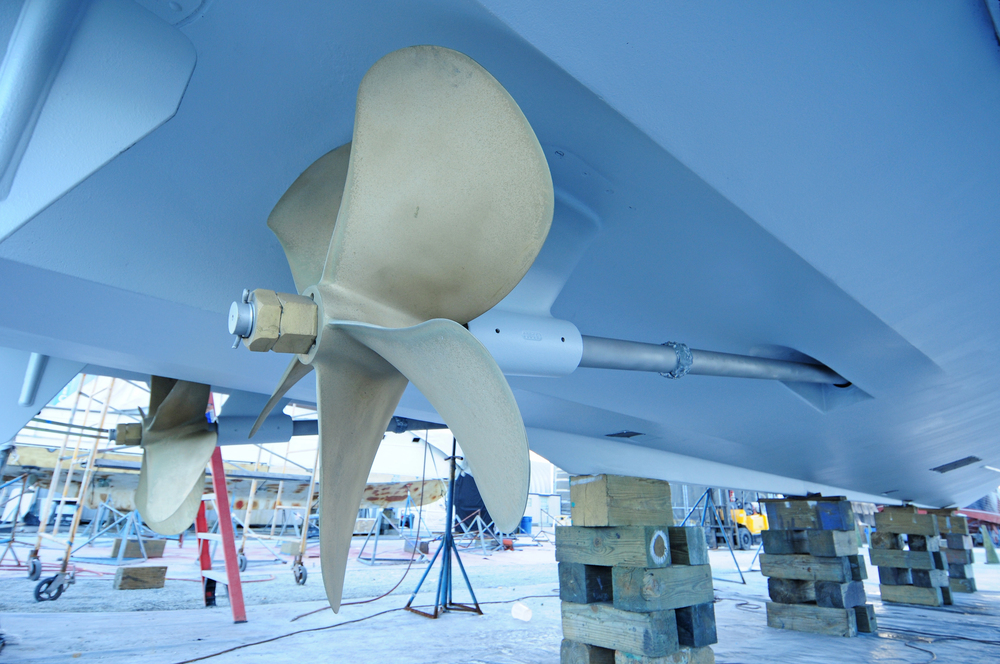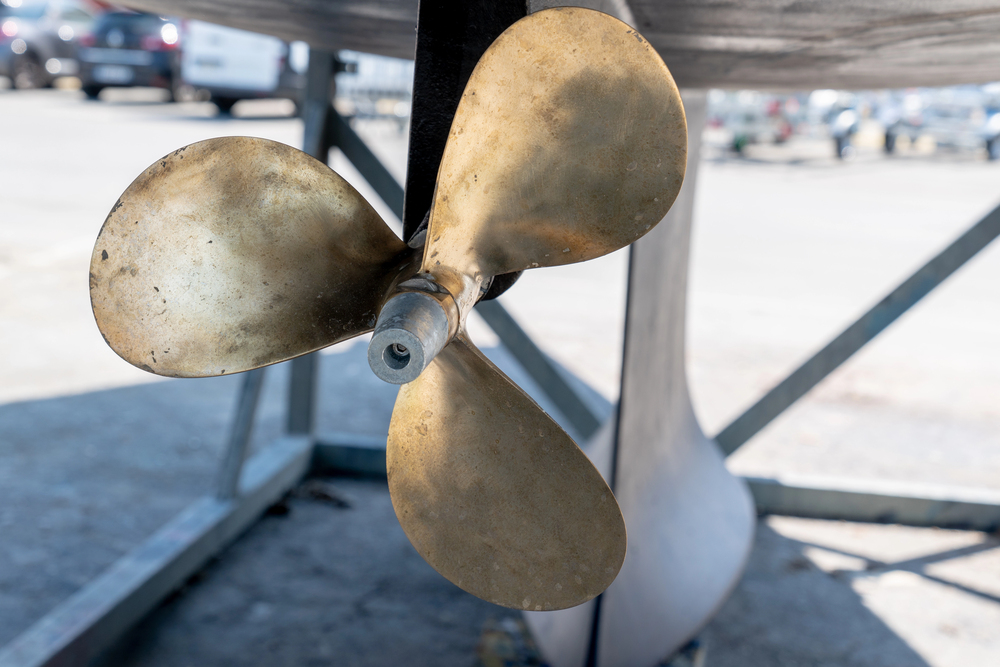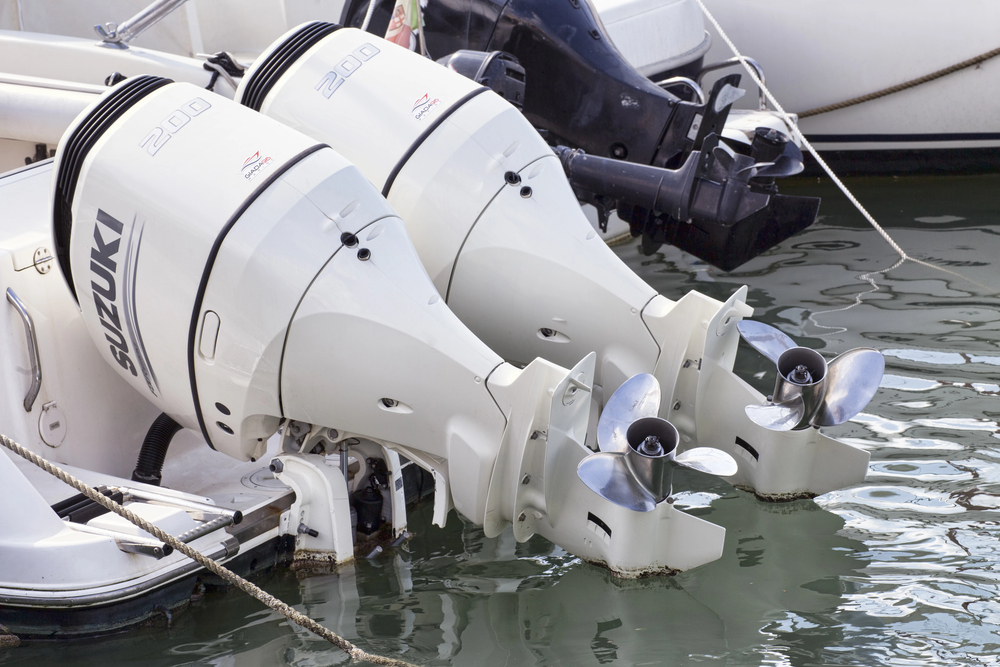Maintaining a marine vessel properly ensures its longevity, performance, and overall safety on the water, providing owners with peace of mind during every journey. Regular care helps prevent unforeseen mechanical issues and costly repairs, preserving the significant investment that a boat represents for its owner.
Diligent boat maintenance also maintains the vessel’s aesthetic appeal, reflecting pride of ownership and enhancing its resale value for future consideration. Proper upkeep extends the life of critical components, minimizing wear and tear from constant exposure to harsh marine environments.
Essential Tools for Proper Boat Maintenance
Every boat owner requires a specific set of tools to perform routine maintenance tasks effectively and efficiently, ensuring the vessel remains in optimal condition. A comprehensive toolkit includes wrenches, screwdrivers, pliers, and a multimeter, enabling the repair of various mechanical and electrical components.
Boat owners also require specialized items, such as a propeller wrench, a fuel filter removal tool, and a grease gun, for specific marine applications. Having the right tools readily available simplifies common repairs and adjustments, preventing minor issues from escalating into major problems that require professional intervention. Investing in quality tools ultimately saves time and money.
How to Inspect Your Boat for Damage
Regularly inspecting your boat for any signs of damage remains a fundamental practice for every responsible marine vessel owner, safeguarding both the boat and its occupants. Conduct a thorough visual examination of the hull for cracks, blisters, or delamination, paying close attention to areas below the waterline.
Check all deck fittings, railings, and cleats for signs of looseness, corrosion, or structural fatigue that compromise their integrity during operation. Examine the propeller for bends, nicks, or other deformities that reduce propulsion efficiency and create unwanted vibrations when the boat is in motion.
Best Practices for Cleaning Your Boat
Adhering to best practices for cleaning your boat consistently helps preserve its appearance and protects surfaces from the damaging effects of saltwater, sun, and marine growth. Always rinse the boat thoroughly with fresh water after each use, removing salt residue and loose debris before it adheres to the finish. Use marine-specific cleaning products designed for fiberglass, metal, and upholstery to avoid damaging sensitive materials or stripping protective waxes. Pay careful attention to non-skid surfaces, which often accumulate dirt and grime, requiring a dedicated brush for effective cleaning action.
Importance of Engine Maintenance for Boats
Maintaining a boat’s engine rigorously remains paramount for reliable operation, preventing breakdowns, and ensuring a safe boating experience on the water for all aboard.
- Oil Changes: Regularly changing the engine oil and filter constitutes a vital step in maintaining the health and longevity of your boat’s power plant, providing lubrication for moving parts. Fresh oil reduces friction, dissipates heat, and removes contaminants that accumulate during engine operation, preserving internal components from excessive wear. Boat owners should consult their engine manual for recommended oil change intervals, which vary based on engine type, hours of operation, and operating conditions. Using the correct type and viscosity of marine-grade oil also prevents premature engine wear, ensuring smooth and efficient performance for many seasons. This simple maintenance task extends engine life significantly.
- Fuel System: Keeping the boat’s fuel system clean and free of contaminants helps prevent common engine problems, including stalling, misfires, and reduced power output during acceleration. Regularly inspect fuel lines, filters, and tanks for any signs of leaks, corrosion, or accumulation of water and debris within the system. Replace fuel filters periodically, as recommended by the engine manufacturer, to ensure a consistent supply of clean fuel reaches the engine’s injectors or carburetor. Consider using a fuel stabilizer, especially during periods of extended storage, to prevent fuel degradation and the formation of harmful gum and varnish deposits in the tank.
- Cooling System: A properly functioning cooling system prevents engine overheating, which causes severe damage and costly repairs if left unaddressed by the boat owner. Regularly flush the cooling system with fresh water after use in saltwater to remove salt deposits and prevent corrosion buildup within the engine’s internal passages. Check the impeller for signs of wear, cracking, or damage, replacing it as necessary to ensure adequate water flow through the cooling system for effective heat dissipation. Inspect all hoses and connections for leaks or deterioration, tighten clamps, and replace damaged components to maintain system integrity.
- Electrical System: Maintaining the boat’s electrical system ensures reliable starting, proper operation of electronic devices, and overall safety aboard the vessel when underway. Regularly inspect battery terminals for corrosion, cleaning them thoroughly and applying a protective grease to prevent future buildup that interferes with current flow. Check all wiring for fraying, chafing, or loose connections that cause intermittent power issues or create potential fire hazards on the boat. Test navigation lights, bilge pumps, and other critical electrical components regularly to ensure they function correctly before each outing.
How to Prevent Corrosion on Boat Surfaces
Preventing corrosion on boat surfaces requires consistent attention and proactive measures, especially in saltwater environments where metal components remain constantly exposed to corrosive elements. Thoroughly rinse all metal fittings, fasteners, and surfaces with fresh water after every use, effectively removing salt residue before it initiates the corrosive process.
Apply a high-quality marine wax or polish to fiberglass surfaces, creating a protective barrier that repels water and prevents oxidation from prolonged sun exposure. Regularly inspect anodes, also known as zincs, and replace them when they erode significantly, as they sacrifice themselves to protect more valuable metal components from electrochemical corrosion.
Proper Storage Techniques for Off-Season Boats
Employing proper storage techniques for off-season boats safeguards the vessel from environmental damage and ensures it remains in prime condition for the next boating season. Completely clean the boat inside and out, removing all debris, stains, and moisture to prevent mold and mildew growth during storage periods.
Drain all water from the engine, plumbing, and other systems to prevent freezing and potential component cracking in cold climates. Cover the boat with a breathable, custom-fit cover that protects it from UV rays, dust, and moisture while allowing for adequate air circulation underneath to avoid condensation buildup.
How to Maintain Boat Electrical Systems
Maintaining a boat’s electrical systems diligently ensures consistent power delivery to all onboard components, preventing unexpected failures that disrupt enjoyable outings on the water. Regularly inspect battery terminals for signs of corrosion or looseness, cleaning them thoroughly and applying a dielectric grease to protect against environmental degradation.
Check all wiring harnesses for chafing, nicks, or exposed conductors that lead to short circuits or power interruptions in critical systems. Test the functionality of bilge pumps, navigation lights, and communication equipment before each voyage to confirm they operate correctly and reliably.
Tips for Keeping Your Boat Hull in Shape
Maintaining your boat’s hull in excellent condition requires consistent care and attention, protecting the vessel’s structural integrity and preserving its aesthetic appeal for years of enjoyment.
- Cleaning: Regularly cleaning the boat hull removes marine growth, dirt, and stains that accumulate from constant exposure to water and environmental elements, preserving its smooth finish. Use appropriate marine-grade hull cleaners and brushes to gently scrub away fouling without damaging the gel coat or paint layers on the surface. Pay particular attention to the waterline area, where algae and scum often cling stubbornly, requiring more rigorous cleaning efforts to restore its original appearance. A clean hull also contributes to better fuel efficiency.
- Waxing: Applying a high-quality marine wax to the boat hull periodically creates a protective barrier that shields the gel coat from harmful UV rays and prevents oxidation, maintaining its vibrant color and shine. Waxing also makes the hull surface smoother, reducing drag in the water and making future cleaning efforts significantly easier to perform effectively. Follow the manufacturer’s instructions for wax application, ensuring even coverage and proper buffing to achieve a durable, glossy finish that repels water and pollutants. This protective layer extends the life of the gel coat.
- Repairs: Promptly addressing any damage or imperfections on the boat hull prevents minor issues from escalating into more significant and costly repairs over time, safeguarding the vessel’s structural integrity. Inspect the hull regularly for scratches, chips, or gouges that penetrate the gel coat, allowing water intrusion or leading to delamination if left unaddressed by the owner. Small repairs often involve using marine-grade epoxy fillers or gel coat repair kits, which restore the hull’s smooth surface and prevent further deterioration of the material. Addressing these issues early saves money.
- Anti-fouling: Applying an anti-fouling paint to the boat hull helps prevent the attachment and growth of marine organisms like barnacles, algae, and mussels, which compromise performance and increase fuel consumption. This specialized paint releases biocides that deter marine life from adhering to the hull, keeping it clean and smooth below the waterline for optimal hydrodynamic efficiency. Choose an anti-fouling paint suitable for your specific type of boat and local marine environment, following application guidelines for best results and long-lasting protection against biological fouling.
Best Ways to Maintain Boat Safety Gear
Maintaining boat safety gear consistently ensures its readiness and effectiveness in emergency situations, protecting all occupants aboard the vessel during every voyage. Regularly inspect life jackets for tears, fading, or mildew, confirming that all buckles and straps remain fully functional and securely attached for immediate use.
Check expiration dates on flares and replace them as necessary, understanding that expired pyrotechnics do not perform reliably when needed most for signaling. Ensure fire extinguishers remain fully charged and accessible, performing routine pressure checks and replacing them if the gauge indicates low pressure or damage.
How to Protect Your Boat From Sun Damage
Protecting your boat from sun damage requires proactive measures and consistent attention, preserving the vessel’s appearance and preventing the degradation of its surfaces over time. Always use a high-quality boat cover when the vessel remains docked or stored, blocking harmful UV rays that cause gel coat fading, cracking, and upholstery deterioration.
Be sure to apply marine-grade UV protectants and waxes to all exposed surfaces regularly, creating a sacrificial barrier that absorbs or reflects sunlight before it damages the underlying materials. Consider investing in a boat lift or covered slip, which provides maximum protection from constant sun exposure.
Keep Your Vessel Shipshape with Hull 2 Prop Boat Maintenance Services in Florida
Proper boat care ensures enjoyable voyages and protects your investment for many years, enhancing both performance and safety on the water. At Hull 2 Prop, we offer comprehensive solutions to address all your marine vessel needs in the Sunshine State, providing peace of mind for every owner.
Our team delivers unparalleled boat maintenance services in Florida, keeping your vessel in prime condition through meticulous inspections and expert repairs that prevent future problems. We also specialize in expert propeller servicing, ensuring your power plant runs smoothly and reliably for all your aquatic adventures.







